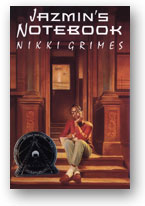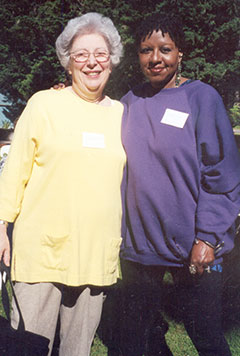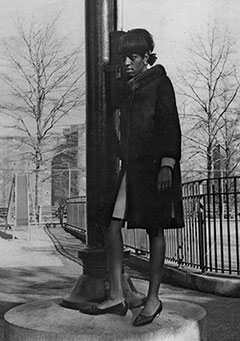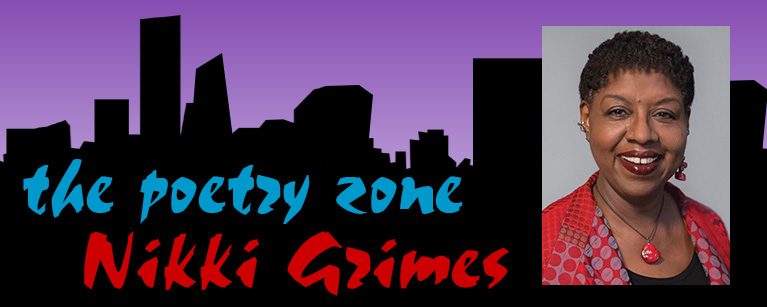 Jazmin’s Notebook, a Coretta Scott King Award Honor Book, was the first novel in which I featured a character who’d been in foster care. Unlike The Road to Paris, which came later, this novel didn’t focus on the foster care experience itself, but did illuminate some of the emotional effects of a child impacted by it.
Jazmin’s Notebook, a Coretta Scott King Award Honor Book, was the first novel in which I featured a character who’d been in foster care. Unlike The Road to Paris, which came later, this novel didn’t focus on the foster care experience itself, but did illuminate some of the emotional effects of a child impacted by it.
Reviews talked about the book being hard-edged, yet hopeful. It’s a combination I prefer for most of my work, but I think Jazmin’s Notebook was the first time I struck exactly the right balance. Writing the book wasn’t easy though, not even a little bit.
Early in my writing career, prose was my staple. I wrote countless articles and editorials for magazines like Ms., Essence, and Today’s Christian Woman, as well as for newspapers like Soho Weekly, The Voice, and The Amsterdam News. But, by the time I set pen to paper to write Jazmin’s Notebook, I’d been writing poetry exclusively for several years. As a result, writing work that went all the way across the page felt awkward, strange, and ultimately paralyzing.
The stories themselves came easily enough. I’d left my mother’s home, once and for all, when I was sixteen and moved in with my older sister. I lived with her until I graduated from high school, and my stories were drawn from those years. No problem there. The format, however, was another story altogether. I had to figure out a way to get unstuck.

The problem was clearly prose-centered, so I asked myself, why not write the text in poetry, just to get the story down? I could always reformat it as prose later. And that’s precisely what I did. I wrote the first two-thirds of the novel as if each chapter were a very long poem, then reformatted the text afterwards. By the time I was that far into the novel, I was once again comfortable enough with prose to drop the artifice.
What this exercise taught me is there is no right way or wrong way to write a novel. There is only what works. Whatever works for you, run with that. Period.
Many, though by no means all, of the stories in Jazmin’s Notebook are drawn from memory. As such, some of the characters were composites of real people from one of my old neighborhoods in New York City. I enjoy the process of spinning fictional characters from real ones. The single person for which that is difficult, though, is my mother.

As I delved deep into the story of Jazmin and her complicated relationship with, and feelings for, her mother, I began to cross the line between the personal and the fictional, and didn’t even realize it. My editor, who was somewhat familiar with my personal history, realized what was happening, though. I’d stopped writing about Jazmin and her mother, and had started writing about my own! Once my editor brought it to my attention, I stepped back from the manuscript to get some perspective. In the end, I had to scrap nearly two chapters, climb back into Jazmin’s skin, and write them again. It was a good lesson for me.
I love poetry, as everyone knows, so I especially enjoyed creating the poems that open each chapter of the book. The poem “For Sale” is one of my favorites. When you read Jazmin’s Notebook, perhaps you’ll find a favorite of your own.
I pass the used-goods store
peek at
the bronzed baby shoes
useless and dusty
in the window.
It’s legal
to sell such things,
I know.
But it feels wrong
to me,
someone selling
someone else’s
memory.


